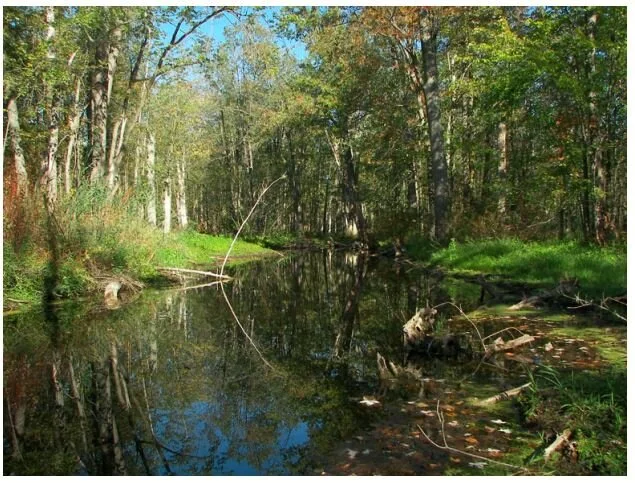More problems for Conservation Authorities
Conservation Authorities are reeling from more major changes being imposed by the provincial government. Newly released rules threaten public hiking trails, tree planting, recreational and educational services, dam maintenance, and the protection of streams and aquifers from contamination.
The latest Ford government regulations restrict the “core mandate” of all Conservation Authorities and force them to negotiate with individual municipal councils to fund any other programs. This puts most of the long-standing services of the CAs in jeopardy at a time when the use of their lands are at an all time high.
Other CA activities deemed non-mandatory include forest management, wetland enhancement, invasive species control, new land purchases and the provision of ecological expertise to municipal planning decisions. Up until now, all local governments within a CA’s watershed automatically shared in funding all its work but now each will be able to opt-out of any non-mandatory program.
“This is a divide and conquer approach to have those services disappear at one municipality and two municipalities and so on who start cutting in a tight budget year," Brantford councillor Richard Carpenter told a recent meeting of the Grand River Conservation Authority which serves two dozen municipalities.
GRCA vice-chair Sue Foxton argued the changes create “a logistical nightmare” that will result in closed trails and other disruptions. She pointed out that the Ford government “has several times made huge errors and then months later stepped back and said oops”.
The staff at GRCA have determined that maintenance of only seven of the 27 dams in the Grand watershed could continue without special agreements with municipal councils. Cambridge mayor Kathryn McGarry pointed to the difficulties in allocating costs where “what happens in the top of the watershed ends up spreading down into the lower sections.”
The CA role in source water protection that was put in place after the Walkerton poisoned water tragedy remains as a core mandate, but it will no longer be funded by the province, putting additional pressure on Conservation Authority budgets. This led some GRCA board members to characterize the provincial move as “a download to municipalities”.
Discussion of the provincial rules is on the agenda for the July 8 meeting of the Hamilton Conservation Authority. Its agenda includes a letter to the province from Conservation Ontario, the body that represents all 36 of the province’s CAs. Four of them have jurisdiction in parts of Hamilton including the GRCA, Conservation Halton and the Niagara Peninsula Conservation Authority.
That Conservation Ontario letter argues that “nature-based solutions to reduce the risks of flooding, erosion and drought” should be included in the mandatory category. It also urges the Ford government to include “passive recreational opportunities” such as hiking trails and boat launches.
“Conservation Areas provide safe and enjoyable recreational experiences in areas where Ontarians need them most,” notes the letter. “In many cases there is no revenue generated by the use of passive recreational lands. Being required to close these properties due to a lack of funding will have a negative impact.”
Access to some Conservation lands is already restricted by parking fees, entrance charges and other existing revenue-generation efforts by CAs. Most of their public funds come from municipalities. For example only about two percent of current HCA funding is provided by the provincial government.
Rule changes announced earlier included severely restricting citizen appointments to CA boards, allow the provincial cabinet to overrule permitting decisions, and force CAs to allow previously illegal damages to protected wetlands.



